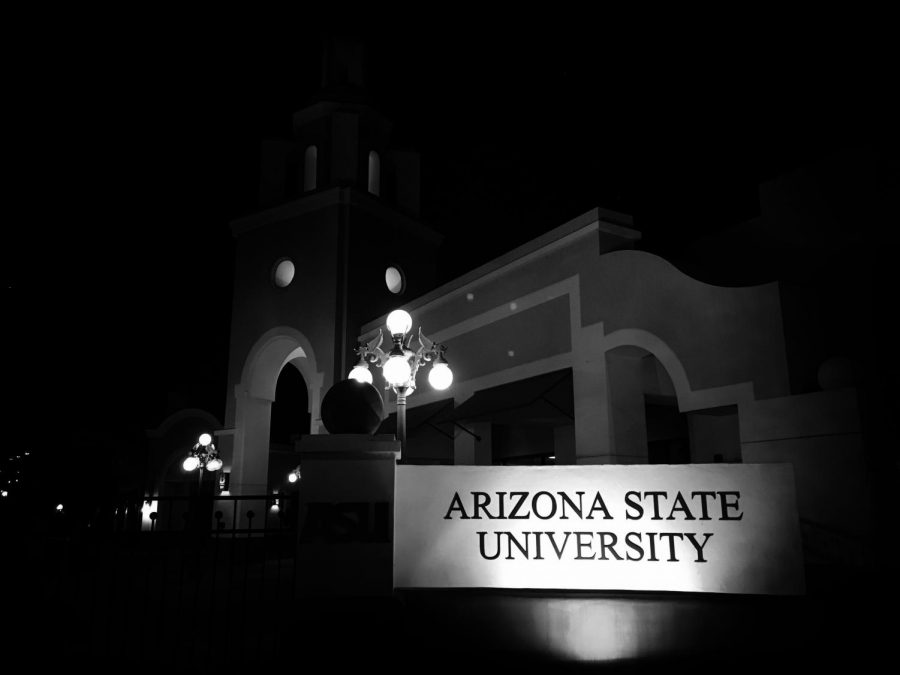Universities continue plans to reopen, Arizona colleges still scheduled for in-person classes among soaring COVID-19 cases
Jared Taylor is scheduled to speak at ASU on Sept. 2
July 8, 2020
Even as Arizona becomes the ninth state with over 100,000 cases of COVID-19, the state’s three major universities, Arizona State, University of Arizona and Northern Arizona University are all still presently planning to reopen in-person classes in the fall.
All three universities seem to be following the same strategy of allowing back the entire student body for in-person classes, but ending those classes following Thanksgiving break. The remainder of fall semester and finals would continue in a strictly online fashion, referred to as “distance learning”. All three universities are also offering online alternatives for students who do not want to attend in-person classes.
According to the Office of the President, NAU plans to start classes early, hoping to take advantage of nice weather and claiming that students would be able to travel back to school “prior to any potential resurgence of the virus”.
Unfortunately, the university seems to have missed the bus on that trend, as cases in Arizona have risen by over 90,000 in the last two months.
The letter from June 4 states that masks will be used in common areas, along with physical distancing, enhanced cleaning protocols and mandatory health and safety training of faculty and staff.
The Daily Wildcat reports that University of Arizona will require face coverings on campus when they reopen in the Fall. The “re-entry update” from the university also states that the decision to reopen “relies heavily” on their “Test, Trace, Treat” strategy of the campus reentry plan, but gives no details of the current status of the strategy.
Arizona State University’s website includes a page titled “Live well, be well” which details their plans to reopen for fall semester. The second and third paragraph of the plan warns students that circumstances could change before and after classes are scheduled to start on August 20.
The plan states that face coverings will be required in buildings and also outdoor spaces where social distancing isn’t possible. Increased cleaning protocols and reducing in-person attendance by half on alternating days are also part of the plan. Students not scheduled for in-person class on a particular day would participate through the university’s ASU Sync system, which uses live lectures via Zoom.
The school claims that testing will be available for all students and employees if needed and is urging everyone on campus to check their body temperature daily.
Colleges seeking to reopen in other parts of the country are adopting various strategies. According to a New York Times article, most involve only allowing a portion of the student body to be on campus at one time. Generally, freshmen and sophomores for fall semester and juniors and seniors in the spring. Students not scheduled to be on campus would study remotely. Oddly enough, many of the schools adopting this strategy are not offering in-person classes at all. Instead, requiring students to take classes online from their dorm rooms, usually at full tuition.
Even though some schools are requiring behavioral contracts, making students agree to wear face masks in public and limit socializing and travel, it has been well documented by schools that have reopened for athletes that community spread is a significant issue among young people.
This also comes at a time when it is being demonstrated that in general, people in their 20’s and 30’s are becoming infected at a much faster rate than anticipated, primarily by engaging in risky behaviors.


